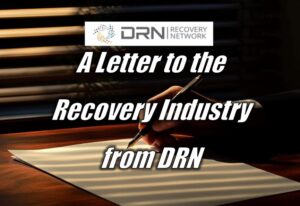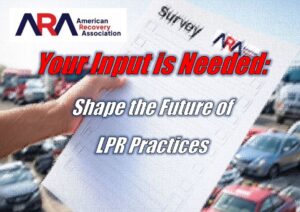New Webinar Thursday, May 3, 2012
COLLECTING IN A HIGH TECH WORLD
10:00 a.m. PDT, 11:00 MDT, 12:00 CDT, 1:00 EDT (Duration: Approximately 90 minutes)
|
It’s a new world out there. Many collection laws were written when people communicated by telephone or by U.S. Postal mail. When the Fair Debt Collection Practices Act was enacted in 1978, few people had answering machines and many were still using rotary dial telephones. Cell phones were bigger than bricks when the Telephone Communications Act became law in 1986. Today, collectors have a variety of ways to communicate with borrowers. Telephone. Cell phone. Fax. Email. Text message. Social media. But with new tools, come new questions. May you call a borrower’s cell phone? May you leave a voice mail? Does it matter if the voice mail is on the borrower’s home telephone or the borrower’s cell phone? How about the borrower’s work phone? Does it matter if you are returning the borrower’s call from that phone? And what about email, text message, or Facebook message? The debate isn’t limited to how you communicate with borrowers, either. May you communicate through Facebook? May you use it as a skip tracing tool? The law is still developing, but collectors need to stay on top of which laws now do — and don’t — apply. Some of the answers might surprise you. During this 90 minute (estimated) online training program, attorney Eric North will talk with participants about subjects including—
For more information call NorthLegal Training and Publications at 623.537.7150. Can’t make it on the scheduled day? Remember that your registration allows you to also watch the archived version at as often as you like for 30 days at a time of your convenience! |
Watch Webinars Live AND Archived
Registration for this program now entitles those from your financial institution to watch the live program AND to watch the archived program for 30 days, all for $125.00 if paid before the program begins.
After the live program registration for the archived version will be available for $145.00.
Program Hosts
This program is open to employees of consumer lending institutions from all states. It is jointly hosted by:
The California Credit Union League
The Calif. CU Collectors Council
The Delaware Credit Union League
The Hawaii Credit Union League
The Illinois Credit Union League
The Kansas Credit Union League
The Kentucky Credit Union League
The Louisiana Credit Union League
The Massachusetts CU League
The CU Assn of the Dakotas
The Minnesota CU Network
The Mississippi CU Association
The Montana Credit Union Network
The Mountain West CU Assn
The Nebraska CU League
The Nevada Credit Union League
The New Hampshire CU League
The New Jersey CU League
The CU Assn of New Mexico
The Northwest CU Association
The NorthWest CU Collectors Assn
The CU Assn of Rhode Island
The Pennsylvania CU Association
The Tennessee CU League
Utah’s Credit Unions
The Assn of Vermont Credit Unions
The West Virginia CU League
The Wisconsin CU League
and by the law firm of Moore Brewer Wolfe Jones Tyler & North











Facebook Comments